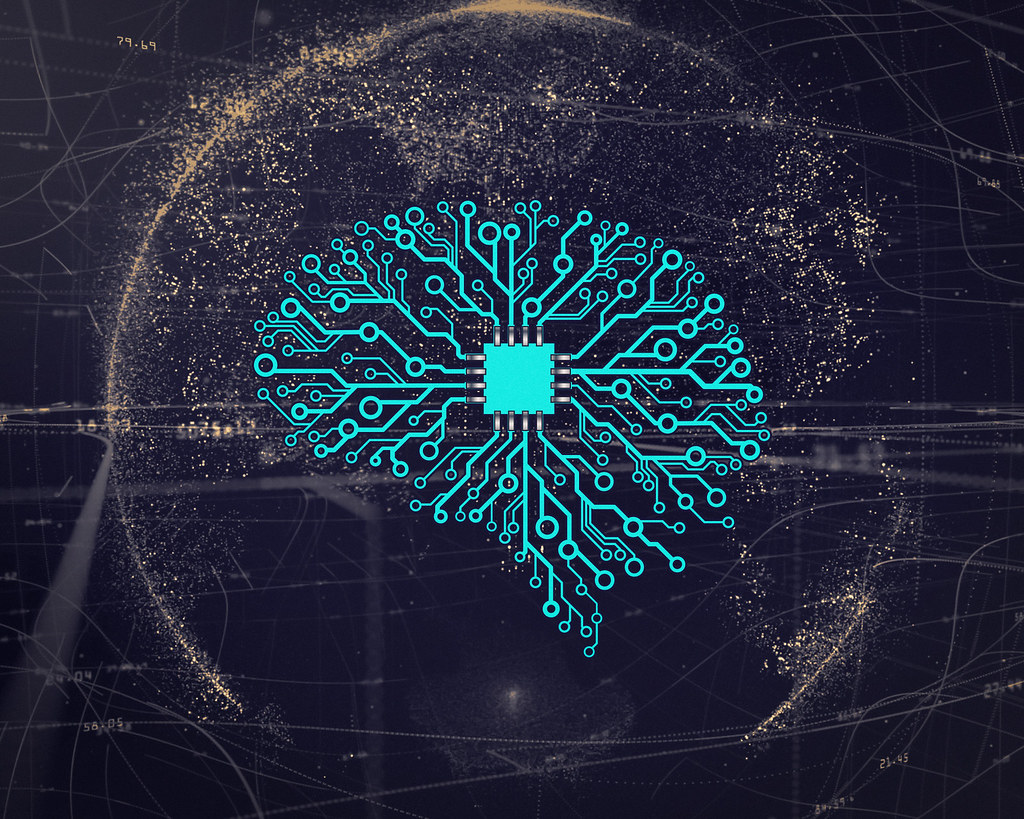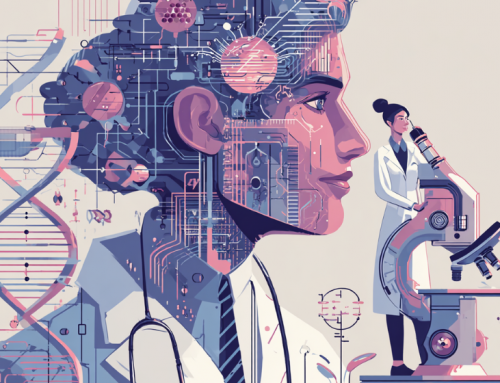
Graphical depiction of a neural network courtesy of Mike MacKenzie. (Source: www.vpnsrus.com)
Automated Machine Learning Evolves in Google Experiment
Google posted a research paper on arXiv recently about successfully creating a machine learning model that writes its own algorithms—and reported that AutoML-Zero is “evolving” algorithms on its own.
According to a story on BigThink.com, machine learning has already had a major impact in terms of enabling computers to monitor social media, diagnose medical conditions and drive cars, but making incremental improvements on code is the next step forward and might pay dividends in the future.
“But while machine learning technology can do some things automatically, it still requires a lot of input from human engineers to set it up, and point it in the right direction. Inevitably, that means human biases and limitations are baked into the technology. …So, what if scientists could minimize their influence on the process by creating a system that generates its own machine-learning algorithms? Could it discover new solutions that humans never considered?”
Taking people out of the equation may sound far-fetched, but judging from the results of the research, with the right parameters, it might actually be beneficial.
Tristan Greene, a columnist for thenextweb.com, also believes that computers might work better without so much bro influence.
Perhaps the most interesting byproduct of Google‘s quest to completely automate the act of generating algorithms and neural networks is the removal of human bias from our AI systems,” Greene writes. “Without us there to determine what the best starting point for development is, the machines are free to find things we’d never think of. …According to the researchers, AutoML-Zero already outperforms its predecessor and similar state-of-the-art machine learning-generation tools. Future research will involve setting a more narrow scope for the AI and seeing how well it performs in more specific situations using a hybrid approach that creates algorithms with a combination of ‘Zero’s’ self-discovery techniques and human-curated starter libraries.”
Google’s AutoML-Zero won’t be making its own version of HAL anytime soon, however, since the technology is still a long way off from being ready to handle complex tasks.
read more at bigthink.com







Leave A Comment